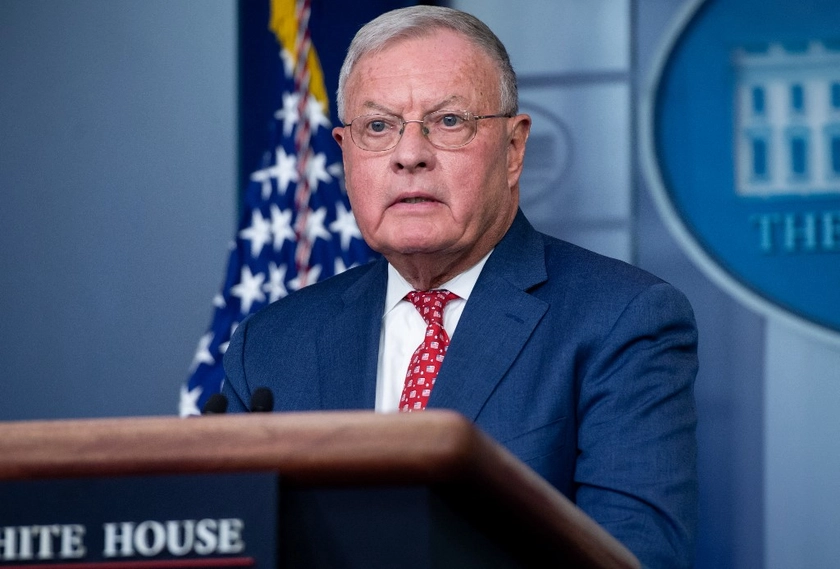The Ukrainian underground resistance said that they have something in store for Russia’s Sept. 30 celebration of the “Day of Unification” – a holiday just signed into law by Russian President Vladimir Putin to celebrate Russia’s annexations of Ukrainian territories.
“We are planning certain events, but so far we can’t tell exactly what,” a representative from the Yellow Ribbon partisan movement said with a smile.
JOIN US ON TELEGRAM
Follow our coverage of the war on the @Kyivpost_official.
The Yellow Ribbon movement carries out acts of resistance against Russian occupation forces – including publishing the underground newspaper “Voice of the Partisan” and secretly hanging Ukrainian flags and yellow ribbons on streets in crowded places.
“We constantly remind the occupiers that this is not their land and it's time for them to go home,” the Yellow Ribbon representative said.
On Sept. 28, Putin signed the law establishing the “Day of Unification” of the Russian-annexed regions of Luhansk, Donetsk, Zaporizhzhia and Kherson – with a celebration scheduled for Sept. 30.
The date was chosen to coincide with the first anniversary of the signing of the so-called “agreements on the inclusion of new territories into the Russian Federation,” which took place on Sept. 30, 2022 during a meeting between Putin and representatives of the occupation authorities.

France to Host European Army Chiefs Tuesday on Ukraine Support: Source
However, at great risk to themselves, many Ukrainians carry out acts of resistance against the occupation authorities and sham elections.
The Yellow Ribbon partisan said that the Russian army plans to organize cultural programs in the main squares of cities with songs, dances and entertainment in order to create the illusion of support.
But to openly protest at these events is quite dangerous.
“The closer the Ukrainian Armed Forces are, the occupants become angrier and more cruel, and for us the main thing is the safety of our agents,” said the Yellow Ribbon spokesperson.
Kyiv Post also spoke with another agent from the Kherson region, who introduced herself as “Kateryna.”
“Even a small postcard, ribbon, or graffiti manages to cause anger and indignation among Russians, but most importantly it adds to their panic,” she said. “And panic among the occupiers is what we need so much.”
“I follow the safety recommendations from the handler: I constantly clean my phone, do not subscribe to Ukrainian media, plan routes in advance, choose crowded streets and mostly move when it’s dark, and check for the absence of surveillance cameras and patrols,” she said.
Kateryna said that Russian special forces have searched her home. The first time, they said, was simply scheduled as a matter of course. But the next time they did, she thinks they were looking for something.
“I think one of my old acquaintances told them about my pro-Ukrainian position, but they did not find any evidence in my apartment,” she said.
Katernya said she keeps nothing suspicious at home and immediately destroys any evidence. She knows there is always a risk of arrest and interrogation – which has happened to some of her colleagues – but it doesn’t stop her.
You’re always afraid because Russian troops are always nearby watching, she said.
But “fear should not be something that has to guide our life decisions, so I chose the option of being part of something more than just passively waiting for our armed forces to come.”
“You feel your importance. There is a widespread belief that one person cannot change anything, but I do not agree with this. My actions inspire other people in the occupied territories to resist the invaders,” she said.
You can also highlight the text and press Ctrl + Enter













